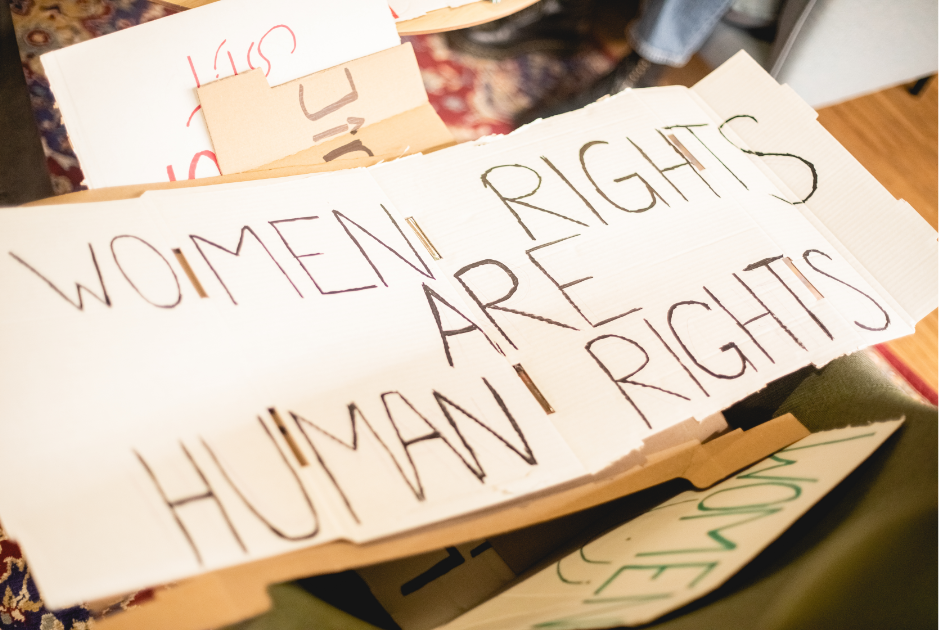Tony Hsieh was living proof that you can be a good human being and successful in business

When people describe what it takes to succeed in business, the words they use often sound combative. We assume a certain ruthlessness is necessary to make it, that you must destroy the competition and step on and over others to climb to the top. It's almost a given that exploitation of employees and deceptively clever marketing to customers are they keys to big profits.
Then along comes someone like Tony Hsieh, who spent two decades obliterating those assumptions as the visionary CEO of Zappos.
Hsieh, who tragically passed away last week at age 46 following a house fire, took a unique approach to running a business on practically every level. From a decentralized management model to a completely relationship-centered customer service philosophy, he created an innovative alternative to traditional business practices. But it was his generosity of spirit in helping others succeed that clearly defined his legacy.
Hsieh's customer service philosophy was all about creating and maintaining relationships with people. Rather than make it hard for customers to find contact information on their website like many companies do, Zappos posted their 1-800 number prominently on the top of every page. And rather than try to get customers off the phone as quickly as possible, they made sure that every customer truly felt taken care of—even to the extent of helping them find shoes from competitors if Zappos didn't have what they were looking for.
Hsieh's family says that his mantra was "delivering happiness." It seems he instinctively understood that truly happy customers are loyal customers, and that business could involve both making money and making people happy.
But it wasn't just customers that Hsieh focused his energies on. After his passing, story after story of his thoughtfulness and helpfulness toward other businesses and individuals have circulated, proving that not only was Hsieh a good businessman, but also a truly good human being.
For example, Josh Reich, former CEO of the online bank Simple, told a story about trying to poach Zappos' head of customer service when Simple was starting up. He said Hsieh found out and made a counter-offer for Reich's team to come meet the Zappos team and learn how they operated.
"We got to spend time with agents in the call center, watch them take calls," Reich wrote on Twitter. "Learn about how they were hired. Speak with the engineers about how they built the CRM stack to be both efficient and foster moments of delight.
We spent time with his exec team and went back to his apartment and chatted over pancakes. He went above and beyond. He liked our mission and wanted to help. He helped us deliver happiness. He left an outsized mark on this world. He will be missed."
Praise for Hsieh has come from people of all backgrounds, especially those who have worked in the startup business world or who lived or spent time in Las Vegas, where Hsieh lived.
He embraced and encouraged his employees uniqueness as human beings.
He was successful and thoughtful, but also refreshingly humble.
And his generosity extended to all he came in contact with.
The outpouring of gushing eulogies are how we should all strive to be remembered.
If you are not familiar with Hsieh's life story, investor Sahil Bloom offered a synopsis on Twitter that illustrates what makes Hsieh such a unique figure.
"Tony Hsieh was a builder, investor, philanthropist, and self-proclaimed weirdo.
He inspired millions to think differently about happiness and embrace their own inner weirdness.
Here is the story of a beautiful man gone way too soon.
Tony Hsieh was born on December 12, 1973.
His parents, both Taiwanese immigrants, placed a strong emphasis on education, always pushing Tony and his younger brothers to excel in school.
Upon graduating high school in California, he left home to enroll at Harvard University.
Having grown up in the San Francisco Bay Area in the very early days of the internet, he wanted to be a part of that world.
He graduated in 1995 with a degree in computer science, determined to build.
As a first step, he accepted a job at Oracle as a low level programmer.
But his ambition and creativity was not suited for the large corporate life.
Within a few months, he left Oracle with a colleague to build something new.
Their idea: to build an ad network for the new world of internet advertising.
So it was that LinkExchange was born.
Riding the internet boom, it took off immediately.
Within 90 days, they had 20,000 participating web pages.
Within 2 years, they had over 400,000.
In 1998, just 2 years after starting the business, Hsieh and his co-founders sold LinkExchange to Microsoft for $265 million. Working at Microsoft while waiting for all of his shares to vest, Hsieh yet again grew tired of the big corporate culture.
Deciding that time was his most precious resource, he left early, leaving millions of unvested shares on the table, and launched a startup incubator.
Venture Frogs (the name originated from a dare) invested in and supported startups.
It was in this role that Hsieh first met Nick Swinmurn, the founder of @Zappos, a company that wanted to sell shoes online.
In 1999, this seemed crazy, but Hsieh was intrigued.
Believing in the massive market opportunity, Venture Frogs decided to invest in Zappos.
This was just the beginning for Hsieh.
Anxious to get back to building, he joined Zappos as its CEO and got to work.
Sales were growing, but there was nothing smooth about road ahead.
The business was unprofitable, and with a backdrop of the dot-com crash, the idea of raising money for an internet shoe sales business was laughable.
So Hsieh buckled down, selling off his own real estate holdings to fund the business.
He became a true servant leader. 9/ As Zappos grew, Hsieh focused on building a company he could be proud of.
He prioritized people and built a unique culture that embraced individualism.
Zappos famously asked the question, "How weird are you?" of new applicants.
By 2009, the company hit $1 billion in sales.
Zappos was acquired by Amazon in 2009 for $1.2 billion.
Having rejected previous offers, Hsieh finally relented when Amazon promised to allow Zappos to run independently.
For Hsieh, the success of Zappos was intertwined with its culture.
This was simply non-negotiable.
Tony Hsieh remained at the helm of Zappos until August 2020, when he stepped down after 21 years as its CEO.
A natural introvert, he likened his role as CEO to that of a greenhouse architect, designing an environment that would allow employees to learn, grow, and thrive.
Outside of his day job, Tony Hsieh always sought out ways to give back.
His book, Delivering Happiness, was a #1 @nytimesbooks best seller, remaining on the list for 27 consecutive weeks.
He also invested heavily in rebuilding underdeveloped parts of downtown Las Vegas.
Tony Hsieh showed the world that being different was not only ok, but actually a competitive advantage.
He inspired millions to embrace their inner weirdness.
Above all else, Tony Hsieh loved life.
He will be sorely missed, but his legacy will live on."
Indeed it will. Thank you, Tony Hsieh, for being an inspiring example for us all.
- A model uses her success to underscore some important points ... ›
- What do you do with wild commercial success? If you're Ava ... ›
- Abby Wambach's 4 rules for success brought this graduating class to ... ›
- Shaquille O'Neal quietly paid for a random guy's engagement ring while standing in line - Upworthy ›





 What was I doing again?
What was I doing again? A space waitress at work.
A space waitress at work.  Waking Up Funeral GIF
Waking Up Funeral GIF Rihanna Nails GIF
Rihanna Nails GIF Yoga pants.Image via Canva.
Yoga pants.Image via Canva. Our natural lashes are nice just the way they are!
Our natural lashes are nice just the way they are! One step forward, many steps back. Image via Canva.
One step forward, many steps back. Image via Canva.  Homelessness is especially rampant on the West Coast.Image via Canva
Homelessness is especially rampant on the West Coast.Image via Canva